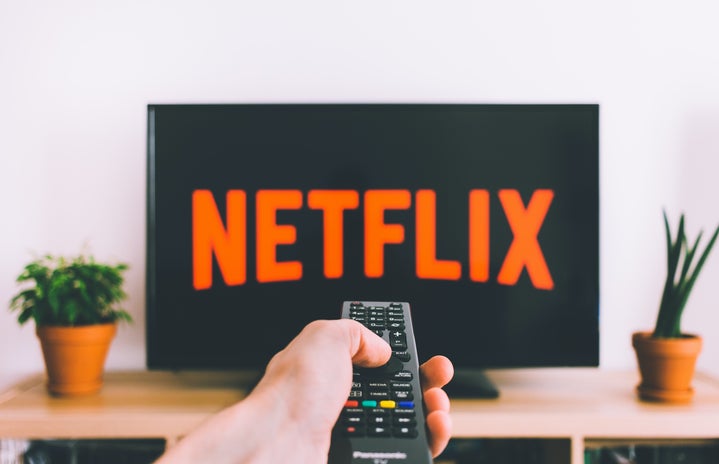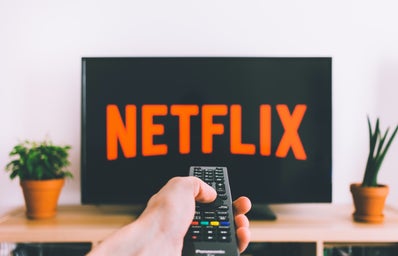As soon as I hear the obnoxiously loud opening notes of the Brooklyn Nine-Nine theme song, I’m filled with a sense of serenity others usually get from meditation or long hikes. At some point, since I started watching the show, this blaring theme song became a subconscious cue for my brain. Hearing it means it’s alright to tune everything else out for the next 20 minutes and let myself fall into a world of familiar storylines and beloved characters.
I used to be a bit more selective about my rewatches – only choosing seasonal episodes or my other favourites. I would sometimes feel guilty if I started rewatching too much. There are so many other things out there I could be spending my time on, so why is the idea of rewatching the same few shows over and over again so appealing? Is it escapism, self-care, a coping strategy, or a bad habit? For me, it seems to be a little bit of each.
During the pandemic, I started rewatching shows more than I was watching new content. My ongoing rewatch of Brooklyn Nine-Nine started giving way to rewatches of other feel-good sitcoms in worlds far from my own: there was New Girl, then Community, and most recently, Superstore. I’m not alone in my new appreciation for rewatches. Rewatching TV shows has been a seemingly rediscovered phenomenon during the pandemic. A rewatch offers comfort and predictability: two feelings that have been out of reach for many since the pandemic brought uncertainty to so many aspects of our lives. As CNBC reported last spring, “While news updates regarding the pandemic may feel unpredictable and ever-changing, a show or movie you’ve already seen will always stay the same.”
But even before the pandemic, it has been observed that rewatching familiar TV shows and movies is common amongst people with anxiety. As i-D noted in 2019: “It’s easy to see why so many of us rely so heavily on comfort-watching: it’s cheap, it’s low-effort and, after the fourth or fifth time around, watching talking-heads of Leslie Knope really starts to feel like having a positive conversation with a close friend.”
Some of my rewatching habits seem to be triggered by what else is going on in my life. I recently rewatched Community, a show I watched for the first time near the start of the pandemic less than a year ago. It already feels like an old standby for me. I find myself turning back to it when I’m feeling particularly down about not being able to go to school in person. Even though the study group’s school-wide paintball games or meta escapades are far from my school experience, it feels oddly comforting to watch this group of characters being able to do something as simple as going to school, especially when I haven’t been able to do so for a year.
TV should be able to push the boundaries, address real issues, or tackle new formats. But we need to allow ourselves to balance this active viewing with a healthy dose of passive rewatching when we get the urge for it. TV can be whatever we want it to be, and whatever we need it to be at different times. And in times like these, it makes perfect sense to strive for comfort and escapism.
Ultimately, rewatching TV shows is a coping mechanism for some feeling the pressure in other areas of their lives, and it seems to have kicked into overdrive when the pandemic uprooted the rest of our lives. I’m a big believer in finding joy wherever you can these days. And part of that means not judging others, or yourself, for where you find that joy. So if that’s in the 99th Precinct, the halls of Greendale community college, or in loft 4D, I’m ok with that.
I think Abed Nadir, the TV-obsessed character on Community, said it best in the show’s finale. “It’s TV. It’s comfort. It’s a friend you’ve known so well, and for so long, you just let it be with you.”



